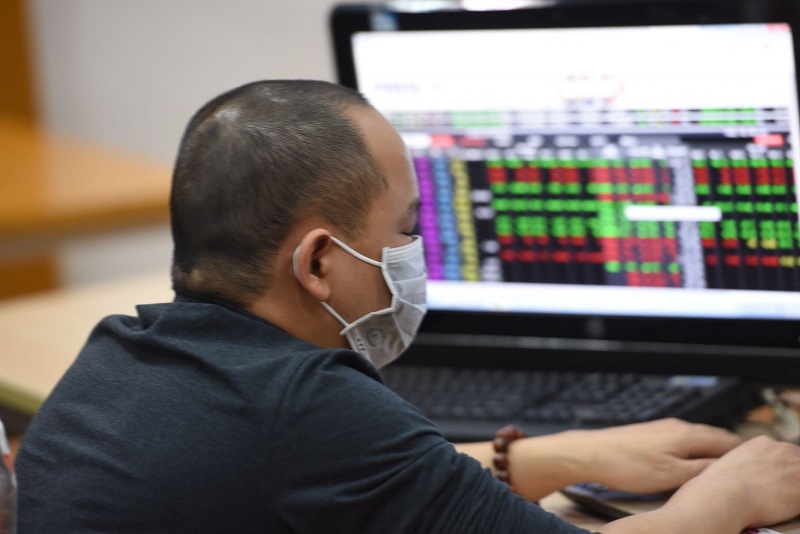Three potential threats to the Vietnam stock market
The stock market reflected the majority of the threats to the Vietnamese economy in August. However, Pham Hoang Quang Kiet, a FIDT specialist, feels that numerous global economic hazards remain.
Factors influencing the stock market, such as worldwide inflation, have steadily subsided and have had little effect on the economy. Mr. Kiet, on the other hand, feels that there are still numerous global economic concerns, with the main issue stemming from delays and tighter monetary policies in Western countries.

Based on these alarming signals, three key dangers that might emerge and have a severe impact on the Vietnamese stock exchange (VSE) are:
Global Economic Recession
While the short-term chances of a global economic recession have decreased due to the stabilization of several emerging economies, the prospect of a global economic recession remains. Even in economies that appear to be recovering, confidence can fade when the impact of rising interest rates begins to penetrate the market.
(1) bad debts, (2) restricted finances, and (3) ongoing growth issues are the key variables impacting the global economy. Global economy is very uncertain, and inflation might return and possibly increase as a result of unforeseen shocks, such as the current Russia-Ukraine war and harsh weather hurting global food security, driving up prices and disrupting supply networks.
China's economic uncertainty
Despite various policy tweaks to help the economy navigate through difficult times, China's economy still need time to absorb these measures, resulting in unclear economic data. Furthermore, the greatest fear is that China, the world's second-largest economy, may face deflation, partially as a result of unresolved real estate concerns, posing substantial hazards to the rest of the globe.
China's influence may result in a major outflow of foreign money from Vietnam, hurting both foreign investment in the VSE and other capital flows.
Exchange Rate Volatility
The contradictory monetary policies of Vietnam and the United States, combined with surplus Vietnamese dong liquidity due to weak credit growth, have widened the interest rate gap between VND and USD.
If the currency rate fluctuation surpasses the control threshold, the State Bank of Vietnam may take exceptional measures to intervene, with the most serious issue being a potential reversal of monetary policy to relieve tensions.

Overall, the majority of these hazards have been identified and are caused by external sources, and they frequently have systemic aspects that are difficult to foresee. As a result, FIDT evaluates these hazards as current and only happening in bad circumstances.
How will the VN-Index move?
In a period of permissive monetary policy backed by continued government assistance and policy modifications to encourage the economy, FIDT believes that the stock market will remain positive in September, and that this trend may extend into late 2023. Market gains, however, are projected to be gradual and interspersed by declines.
In this setting, FIDT believes that chances for specific industries with great potential will arise, supported by both cyclical forces and their distinctive development stories. Real estate, retail, exports and imports, and sectors benefiting from increased infrastructure investment, such as building materials and oil and gas infrastructure, are among these businesses.
In the worst-case scenario, if one of the previously listed significant risks materializes in 2023, analysts believe the market (VN-Index) would peak earlier than planned and relapse to a decline until positive indications re-emerge.
In the case of a negative situation, investors should be cautious when considering leverage in their investments and regularly watch important economic indicators such as currency rates, inflation rates, and unemployment rates.








